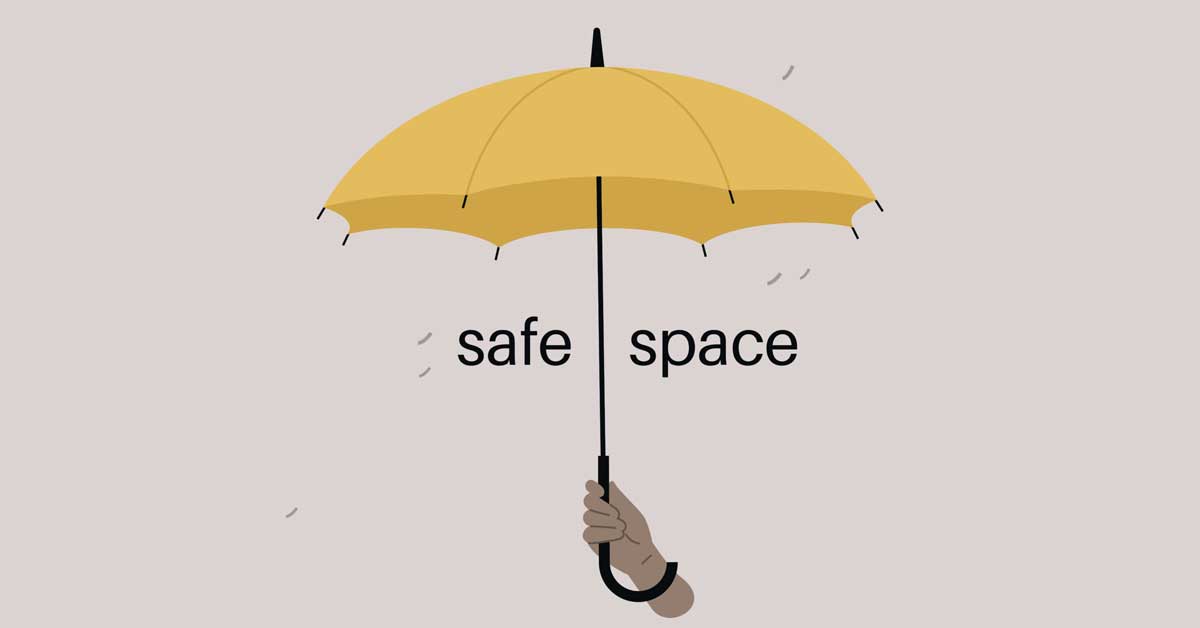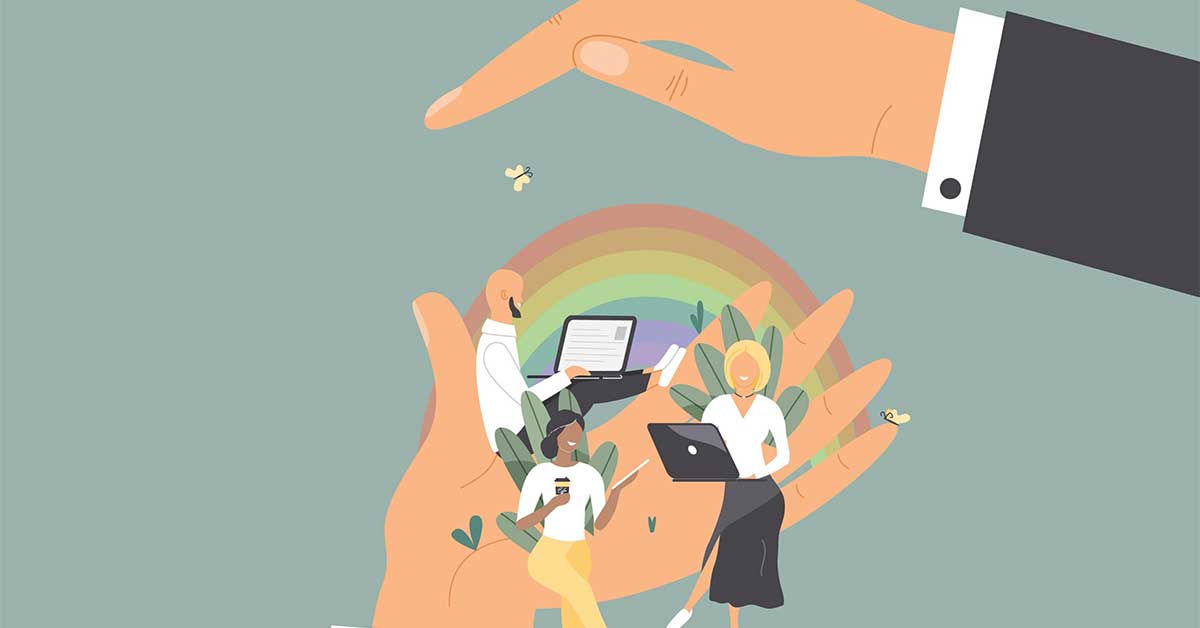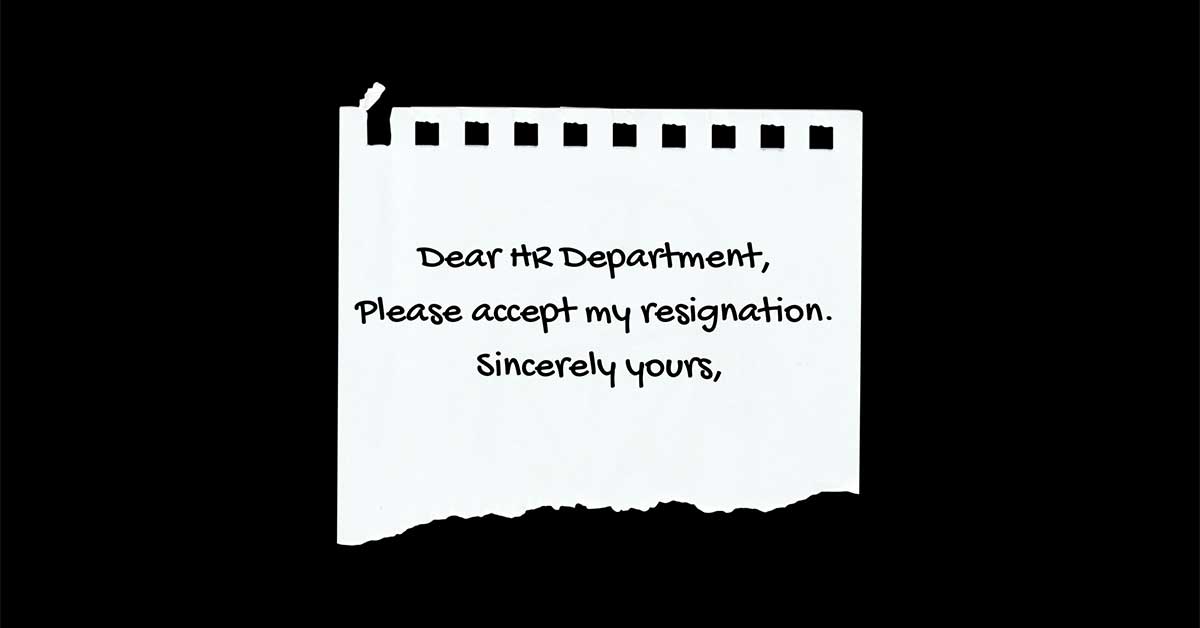In the final part of our series on mental health at work, we examine the importance of ensuring and creating a psychologically safe workplace. We have previously emphasised that where a culture promotes psychological safety, where it is ‘safe’ to voice an opinion, make a mistake or challenge an idea, that this creates a sense of value; it says to people ‘you are important, you are valuable’.
Not only does such an environment generate wellbeing for your people but there is considerable research that demonstrates that the highest performing teams have one thing in common – psychological safety.
The numbers don’t lie
The research shows that psychologically safe workplaces that enable people to undertake moderate risk-taking, be upfront with ideas, and be more open to creativity – these are the kind of things that promote innovation and market breakthroughs.
Also, there are hard financial data that supports this premise, with a 2017 Gallup report which found that “if organisations increase psychological safety, it makes employees more engaged and can lead to a 12% increase in productivity.”[1]
Start by shifting your mindset
So psychological safety generates multiple benefits, but how can you ensure that your workplace is a psychologically safe space for your team? First, shift your mindset when conflicts come up, and step away from the adversarial “I win, you lose” scenario.
Instead take a more conciliatory approach, a team player approach by asking, “How could we achieve a win-win situation here?” Be brave and ask for feedback to enable other perspectives – remember that innovation and new ideas come from diverse thinking. Also, remember at the end of the day we are all human and can learn a lot from each other – adopt a learning mindset, be authentic and receptive to different viewpoints – you will be richer from the experience.[2]
Self-awareness and looking good
Another important step for all staff, both leaders and team members is to develop greater self-awareness. This is because self-awareness is closely linked to psychological safety, as when we feel psychologically safe at work, we are willing to accept that we have skills and knowledge in some areas but don’t have all the answers.
“Psychologically safe employees are more interested in learning, excellence, and genuinely connecting with others than in looking good.”[3] And whilst this sounds like something to which we all aspire, human nature often is the stronger force, plus we are socialised from early childhood to worry about how others perceive us. Sometimes “we may need to override some of our very human instincts, the instinct to look good instead of being truthful, or to avoid hurting someone’s feelings instead of being truthful.”[4]
Feeling safe helps feeling included
Psychological safety also plays an important role in diversity, inclusion, and belonging. Workplaces when hiring can establish policies and processes to achieve greater diversity—whether gender, ethnicity or geography. But this is not enough – diversity and inclusion mean exactly that.
Real inclusion is when people of different backgrounds feel that their voice, opinion and contribution matter. There are times where people speak up at important meetings but still do not feel that people like them belong there. For people to have a real sense of belonging, they need to feel that this is a place where they can thrive; plus feel that their contributions are recognised, and they are included as a member of the group.[5]
Making it safe – both near and far
A key focus of this series is that during a global pandemic, it is more important than ever to focus on the mental health of your staff. Lockdowns and other safety precautions have created a huge part of the workforce to work remotely which may seemingly lessen leaders and managers ability to address their people’s welfare, face to face.
Fortunately, “we have the technology” and can be effective virtually with things like break-out rooms and chat functions to encourage everyone to participate off-camera; and managers can continue conversations with staff one-on-one for specific questions or more personal discussions.[6]
Also, the upside of the technology is that it enables leaders and managers to get access and communicate more effectively (with virtual meetings there is no one at the back of the room who can’t see or hear what’s going on) and to more of their people.
When the going gets tough
Psychological safety is also important in tough negotiations or difficult conversations. At Change2020 we have found in our work in the industrial relations area, that by creating an environment of psychological safety, better outcomes are more likely to be achieved.
A safe environment enables ideas to be presented; questions to be asked and concerns to be raised. Psychological safety helps reduce our brain’s threat response so all involved can participate, listen and understand and be understood.
We work hard to build and protect psychological safety – within our own team, when working with our clients, when tackling tough subjects with executive teams, and when supporting leaders to make hard and possibly unpopular decisions. And so by creating a psychologically safe workplace, not only are you likely to see increased motivation to tackle difficult problems, you are also likely to see higher levels of engagement, more learning and development opportunities, and importantly, better performance.
“Psychological safety enables GREAT things to happen; LEARNINGS to occur and REAL conversations to take place – without it, mediocrity may prevail.”
Maree Gardner – Change2020
[2] https://hbr.org/2017/08/high-performing-teams-need-psychological-safety-heres-how-to-create-it
[3] https://hbswk.hbs.edu/item/make-your-employees-psychologically-safe
[4] https://hbswk.hbs.edu/item/make-your-employees-psychologically-safe
[5] https://hbswk.hbs.edu/item/make-your-employees-psychologically-safe




